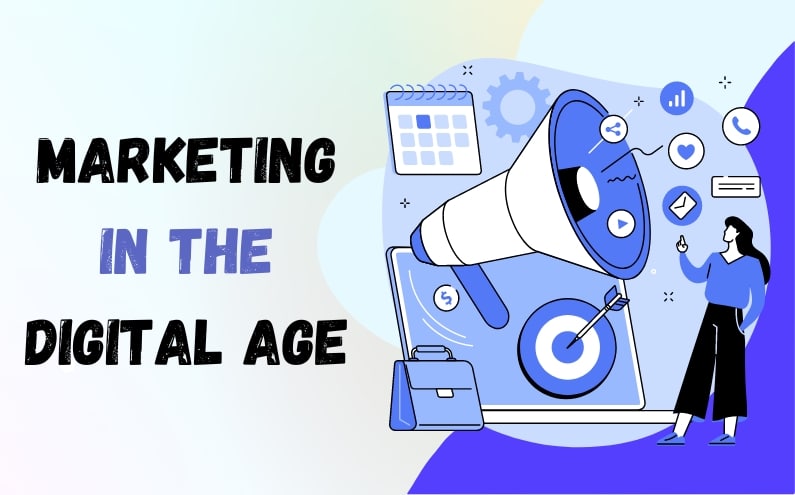The Origins of Marketing
Marketing, in some form, has been around since the dawn of commerce. Ancient civilizations engaged in bartering and trade, relying on word-of-mouth and simple signage to attract customers. However, it wasn’t until the industrial revolution that marketing began to take on a more structured approach. The mass production of goods led to the need for mass distribution and, subsequently, mass marketing.
The Rise of Mass Media
The early 20th century saw the advent of mass media, with the rise of newspapers, radio, and eventually television. Marketers seized upon these new channels to promote their products to a wider audience. Advertising agencies played a crucial role in crafting compelling messages and campaigns that resonated with consumers. Brands became household names, and advertising became synonymous with popular culture.
The Digital Revolution
The late 20th century witnessed another transformative shift with the rise of the internet. The digital revolution brought about unprecedented connectivity and changed the way people communicate, consume information, and shop. The birth of search engines, social media, and e-commerce platforms revolutionized marketing strategies, offering new avenues for reaching and engaging with consumers.
The Era of Data and Analytics
With the proliferation of digital channels came an explosion of data. Marketers now had access to an abundance of information about consumer preferences, behaviors, and demographics. This wealth of data paved the way for more targeted and personalized marketing efforts. Techniques such as search engine optimization (SEO), email marketing, and social media advertising became indispensable tools in the marketer’s arsenal.
The Mobile Revolution
The advent of smartphones further accelerated the shift towards digital marketing. Mobile devices enabled marketers to reach consumers anytime, anywhere, opening up new possibilities for location-based marketing and personalized messaging. Mobile apps, in particular, emerged as a powerful platform for engaging with customers and driving conversions.
The Age of Content Marketing
As consumers became increasingly inundated with advertisements, brands had to find new ways to cut through the noise. Enter content marketing. By creating valuable, relevant, and engaging content, brands could attract and retain the attention of consumers in a more organic manner. Blog posts, videos, podcasts, and social media posts became essential components of the modern marketing toolkit.
The Role of Artificial Intelligence
In recent years, artificial intelligence (AI) has emerged as a game-changer in the field of marketing. AI-powered algorithms can analyze vast amounts of data in real-time, enabling marketers to gain deeper insights into consumer behavior and preferences. Machine learning algorithms can also optimize advertising campaigns, personalize content, and automate routine tasks, freeing up marketers to focus on strategy and creativity.
The Future of Marketing
As we look ahead, it’s clear that marketing will continue to evolve in response to technological advancements and shifting consumer behaviors. Augmented reality (AR), virtual reality (VR), and the Internet of Things (IoT) are poised to revolutionize the way brands interact with consumers. Additionally, ethical considerations around data privacy and consumer consent will play an increasingly important role in shaping marketing practices.

